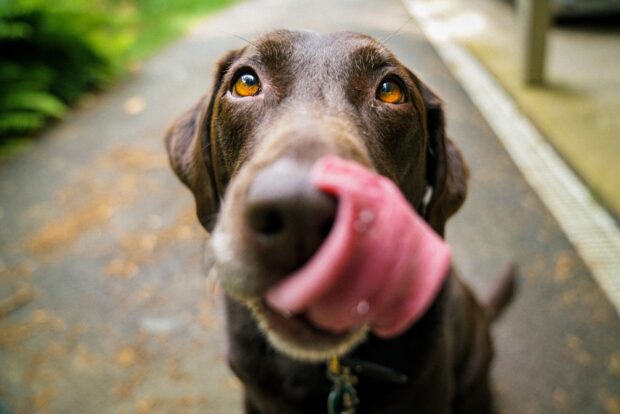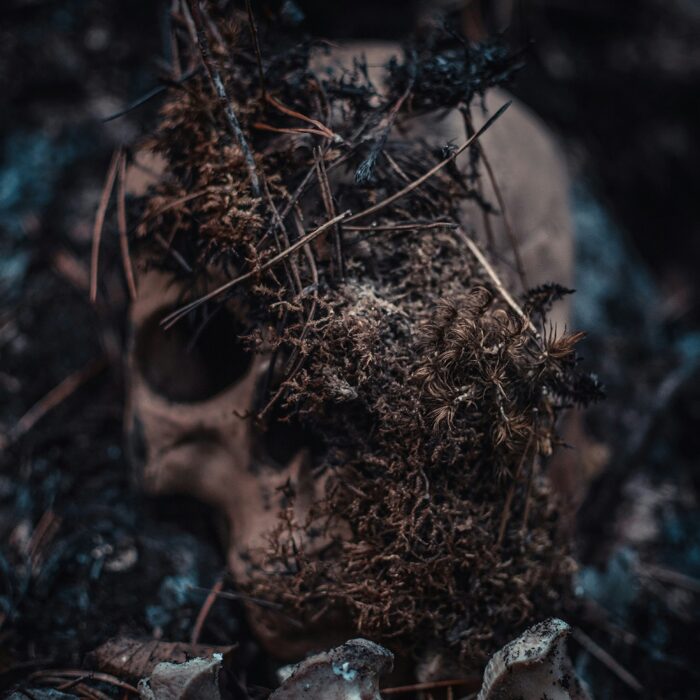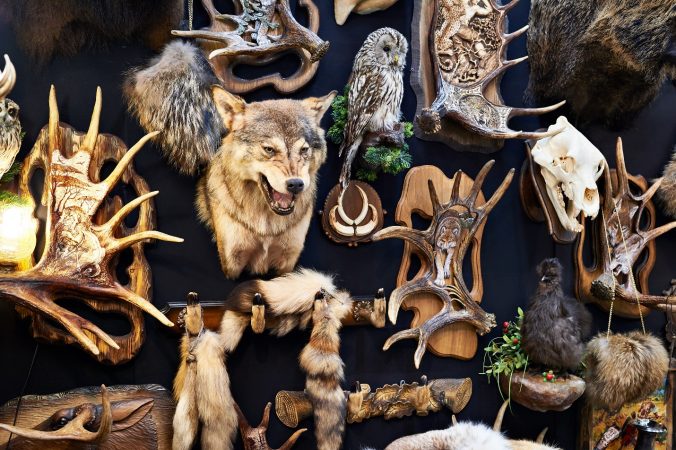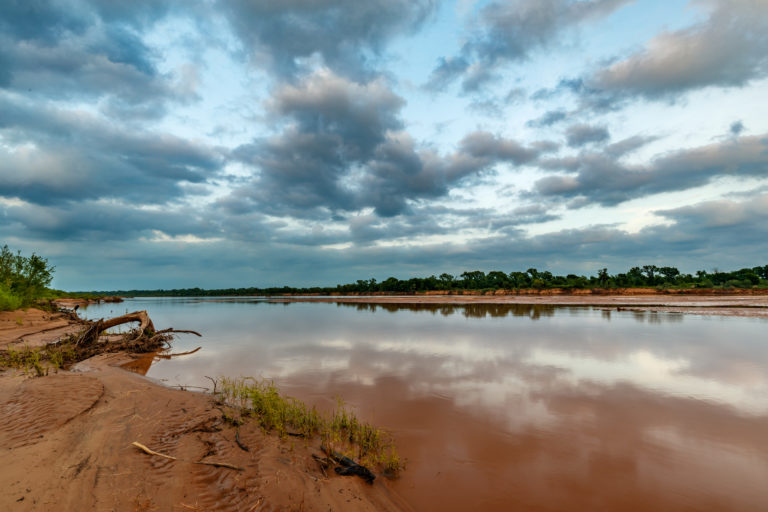You have no items in your cart. Want to get some nice things?
Go shopping
Ralph walked towards the balcony door. Half-way there, he paused where the tassels of the rug ended, and looked expectantly at his mother.
His mother sprang into action. Ralph needs to go out, she exclaimed.
She opened the balcony door, and Ralph stepped out onto the cream tiles delicately. In a dramatic volte-face, he twisted around and tried to go back in, but his mother had already closed the door.
I’m sorry boy. I know even the balcony tiles are a bit too hot right now, but I’ve done my best to cool them down with a spray of water, she said, raising her eyebrows sympathetically.
Ralph stared at her with his deep brown eyes. Ugh, he thought. He knew he had to.
Turning around once more, he walked into the fringed shadow of the palm tree where it was marginally cooler. The palm was still surviving out there because it stored water in its trunk as it always had, but the tips of its fronds were burnt a crunchy brown in mid-summer.
He was learning to pee as quickly as possible these days to avoid being out for any longer than absolutely necessary, which was a big change for a dog who used to walk a good while, and then spin around and around several times in the leaves or the grass before choosing a spot. Ralph never went out anymore after scalding his paws on a baking pavement once.
It was July, the same month that tourists went to Death Valley to experience temperatures that were even more record-breaking than the record-breaking temperatures last summer. There were pictures in the news of people standing by a digital temperature display for one minute each, with a man holding a sign that said “I think you’re hot” in a jaunty font. Others, especially those in more humid places where the wet bulb temperatures shot up, couldn’t play at tourism in the heat, and died in it instead.
Out on the streets, stray dogs collapsed, their jaws sunk into pools of their own drool.
Ralph, with access to this balcony which he used in lieu of walks, was lucky. He finished his toilet activities as the palm shadow undulated beneath him, and walked towards the door which opened immediately for him. As his mother quickly cleaned up the balcony with her protective straw hat and visors on – she got headaches very quickly these days from the heat, and the blindingly white paint on all the buildings that was now mandated in many neighborhoods bothered her eyes — he walked into the air-conditioned living room which was blessedly cool.
Phrases like “global heat dome” and “superbomb cyclone” were common now, and people were getting angrier and angrier – perhaps due to the heat, and perhaps due to the lack of action taken to do something about the heat. Their kids were learning about climate change in school now, and participated in occasional beach clean-ups, though not as many as before because the shoals of dead fish from the roiling oceans were a bigger health hazard than plastic bottles.
Some of the parents still worked for companies that invested in fossil fuels, or companies that made virgin plastic, or companies that made products that required palm oil, which then required the razing of rainforests, which then resulted in the murder of orangutans. Some of them ran those companies.
Some created start-up businesses that raised lots of money, but created more environmental problems than they purportedly solved.
Some of the parents voted in ways that were absolutely bananas; ways that were at hypocritic odds with their praise for their children’s solar oven and recycled bottle-cap projects at school.
Some of the parents were politicians who didn’t act on time, or didn’t plan to act at all.
It’s possible Ralph’s family contained one of these categories of people. It’s also possible Ralph’s family contained people who were environmental activists, or those who sued companies with bad practices, or those who tried their best to avoid single-use plastic, or those who were dissolving in existential dread.
Ralph circled around on the couch that he had jumped up on, and settled down for a nap. He couldn’t vote, had no control over anything that anybody bought or supported or produced or regulated or funded, and he wouldn’t live to experience too many more of these summers. He just hoped he could go on walks out amongst the larger palms on the beach one day soon.
About Sai Pradhan
Sai Pradhan is an Indian American writer and artist who lives in Hong Kong. Sai used to write opinions for the Hong Kong Free Press, and restaurant reviews for a now defunct Los Angeles publication. She has recently published pieces of fiction in Ligeia magazine, Litro, and Calamari Archives' Sleepingfish, and a personal essay forthcoming in The Iowa Review. Her art will be featured in an upcoming issue of Sublunary Review, Door is a Jar, and Pithead Chapel. It was shown in the Hong Kong Arts Collective’s Summer Exhibition in Hong Kong, and will also participate in the Winter Exhibition.
- Web |
- More Posts(1)




